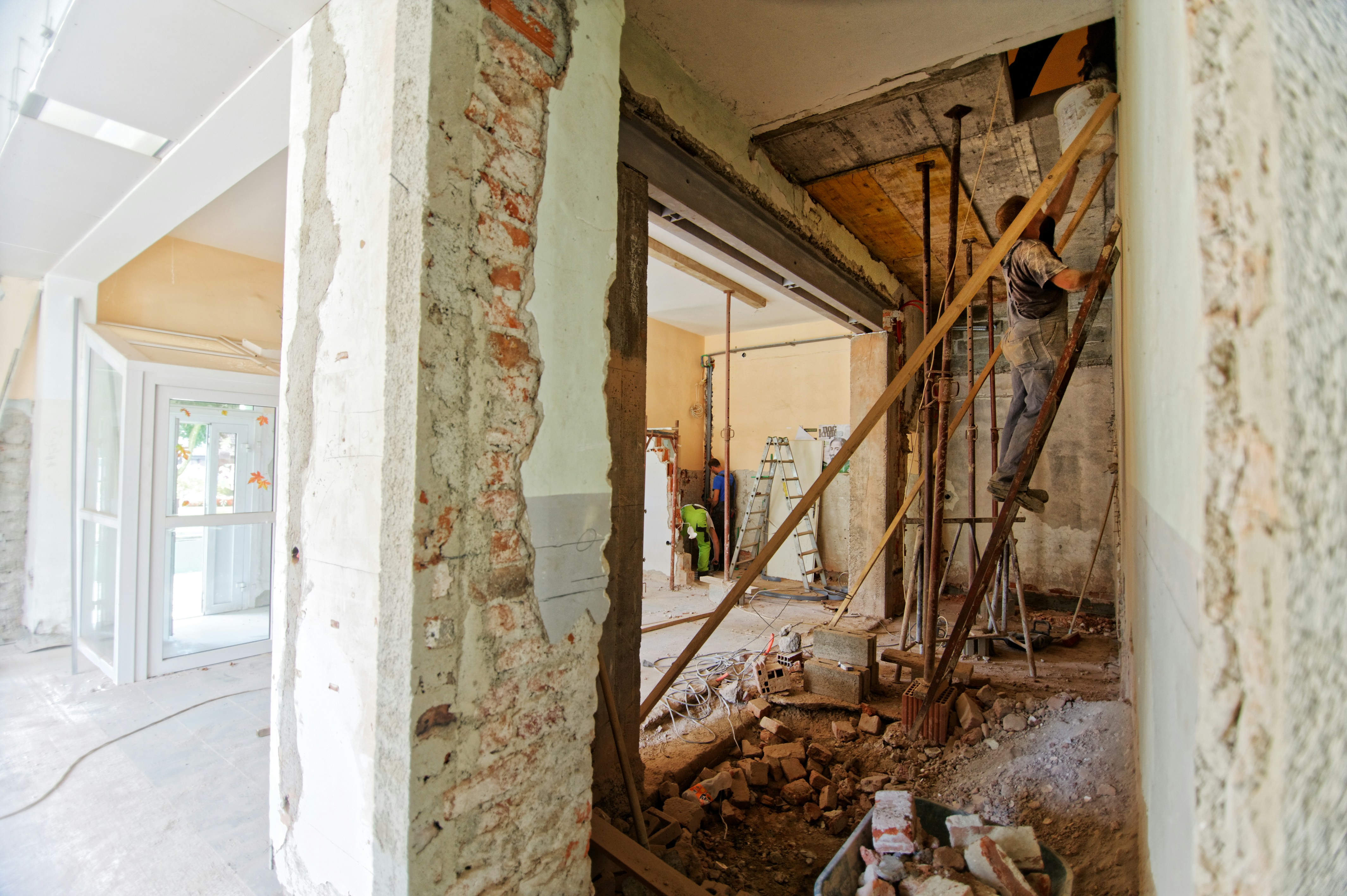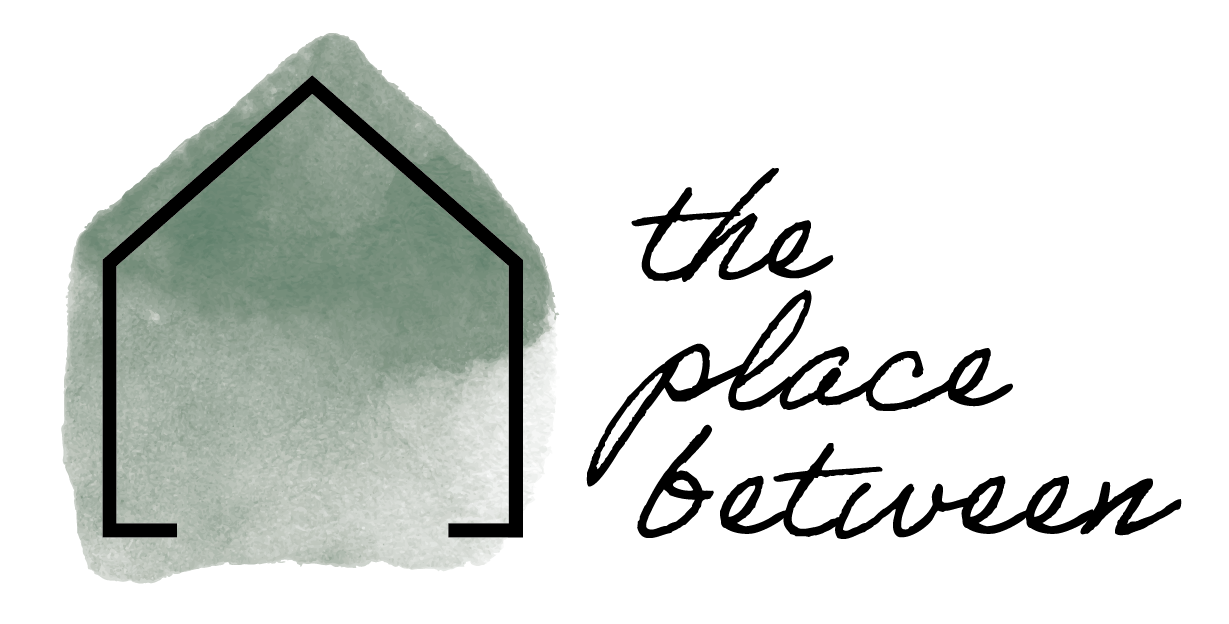Sustainable homes you enjoy living in. Designed with trust, clarity & care.
Thirty reasons why you should make a home renovation contract

A home renovation contract is more than just a piece of paper; it is a mutual agreement that ensures accountability and protects the interests of both parties involved. It outlines expectations, defines roles, and establishes the terms and conditions of a renovation project.
The rates of conflict and disputes in the context of home renovations are strikingly high. These disagreements can paint what should be an exciting transformation into a canvas of stress, conflict, and frustration.
it doesn't have to be this way. A well-drafted renovation contract can be the blueprint for a smooth and successful home revamp. It provides a solid foundation of mutual understanding and respect, significantly reducing the chance of clashes and misunderstandings.
For the homeowner, the contract safeguards them from unexpected expenses, ensures the quality of work, and assures their peace of mind. For the contractor, it is a guide that clarifies the project's scope, secures timely payments, and provides a clear framework to deliver their craftsmanship.
In essence, a home renovation contract is a trust-building exercise where contractors and clients agree on how to work well together so they can achieve results they are both proud of.
The key advantages of having a home renovation contract are:
Transparency: A contract ensures absolute clarity on the scope of work, materials, cost, and timelines, eliminating ambiguity
Budget Management: It helps manage your financial resources effectively, preventing unforeseen expenses from creeping in
Responsibility Assignment: It clearly defines the roles and responsibilities of both parties, fostering accountability
Quality Assurance: A contract ensures adherence to the promised quality standards.
Legal Protection: It provides legal safeguards against any contractual breaches.
Here are 30 concrete reasons why you should make a home renovation contract:
- Clear Expectations: A contract sets clear expectations between all parties involved in the project.
- Financial Protection: It provides a legal safeguard to your finances.
- Transparency: A contract ensures transparency in cost and materials used.
- Dispute Resolution: It includes provisions for resolving any disputes arising during the project.
- Payment Schedule: It outlines a mutually agreed payment schedule.
- Time Frame: It stipulates a timeline for the project's completion.
- Insurance Coverage: A contract verifies the contractor's insurance coverage.
- Work Description: It defines the exact scope of the work to be carried out.
- Quality Assurance: A contract ensures the contractor is accountable for the quality of work.
- Permit Handling: It can address who is responsible for obtaining necessary permits.
- Subcontractor Management: It typically includes information about the handling of subcontractors.
- Change Orders: It provides a protocol for any changes required in the project.
- Right to Rescission: It includes each party's right to cancel the contract within a certain period.
- Records: It serves as a record of all agreements made.
- Material Specifications: It explicitly states the type and quality of materials to be used.
- Consistency: A contract ensures the consistency of the work.
- Legal Compliance: It ensures the project adheres to local laws and regulations.
- Addressing Delays: It provides a course of action in case of project delays.
- Warranty: It includes details of the warranty on the work done.
- Liability: It includes clauses protecting you from potential liability.
- Cleanup: It can include provisions about the job-site cleanup.
- Professionalism: A contract signifies professionalism and seriousness about the project.
- Price Lock: It locks in prices and protects you from future price hikes.
- Risks Mitigation: It helps mitigate risks related to the project.
- Quality Control: A contract ensures regular quality checks.
- Supervision: It can specify who will supervise the work.
- Confidentiality: It can protect your personal information and project details.
- Payment Terms: It details the payment terms, including potential late fees.
- Liquidated Damages: This can include a clause for compensation if the contractor fails to complete the project on time.
- Peace of Mind: Above all, a contract provides you with peace of mind, knowing that your renovation project is in secure hands.
Need help with drafting a home renovation contract, project management and/or conflict resolution? Contact me at valerie@theplacebetween.co.uk
I set up The Place Between to support renovators in designing and building functional spaces that resonate with their values. My work emphasises sustainable and enjoyable renovations.
As a designer I help renovators create spaces that are not just aesthetically pleasing, but also practical, efficient, and eco-friendly. I help both contractors and homeowners choose materials and techniques that minimise environmental impact, supporting a healthier planet and a healthier home.
As a project manager I oversee the process from start to finish, ensuring that every stage of the project is executed efficiently, with agreed timelines and budget. My proactive approach prevents potential conflicts and keeps the project on track.
As a lawyer and an accredited mediator, I am well-versed in the intricacies of contract work and the underpinnings of conflict prevention. Making a simple contract is a gateway to ensuring sustainable and enjoyable renovation projects.
If you would like to learn more about the renovation contracts and project management support offered by The Place Between, please get in touch using our contact form on the website or book a free 30-minute online consultation. I would love to hear from you
